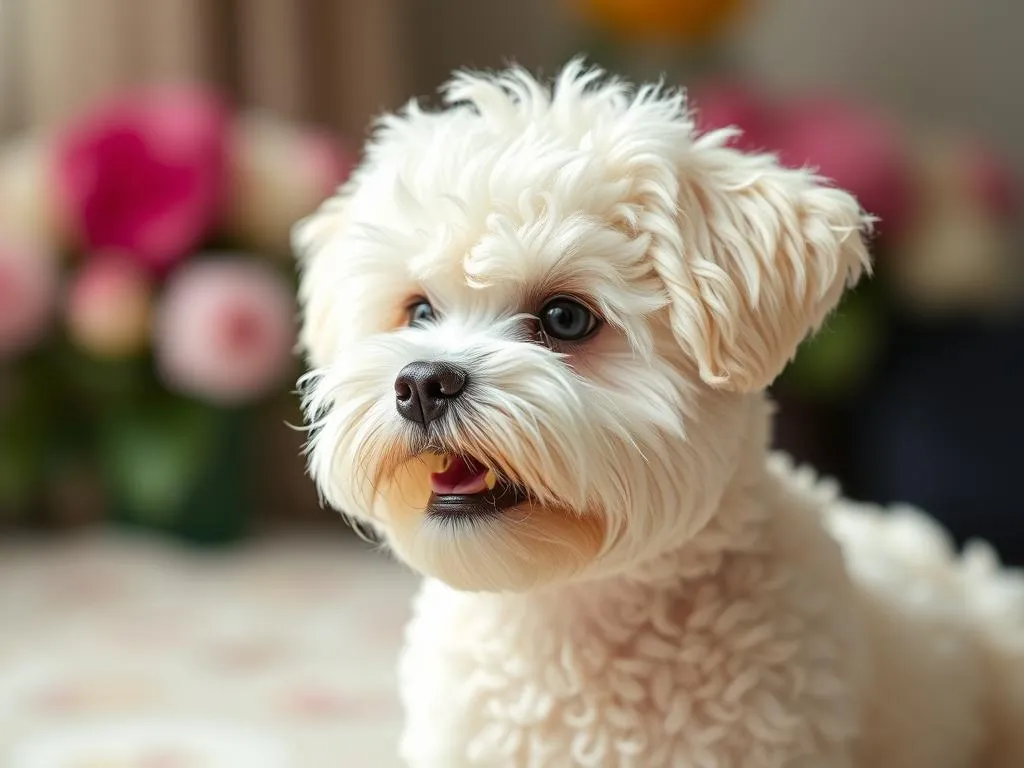
Dogs are among the most diverse species on the planet, with hundreds of breeds varying greatly in size, shape, temperament, and purpose. This incredible variety can make it both exciting and overwhelming for potential dog owners. Understanding different dog breeds is essential for selecting the right companion that fits your lifestyle and family dynamics. One breed that stands out in popularity and charm is the Bichon Frise. With its playful demeanor and adorable appearance, the Bichon Frise has captured the hearts of many. This article provides an in-depth look at the Bichon Frise, covering its characteristics, care requirements, and suitability as a pet.
Overview of Dog Breeds
What is a Dog Breed?
A dog breed is a specific group of domestic dogs that have been selectively bred for particular traits, whether they be physical features, behavior, or working abilities. Each breed has standards that define its ideal characteristics, including appearance, temperament, and health. These breed standards help ensure that the dogs maintain their unique qualities across generations.
Importance of Dog Breeds
Understanding dog breeds is crucial for both potential and current dog owners. The breed of a dog can significantly influence its behavior, appearance, and even health concerns. Certain breeds may be more suited for families with children, while others might thrive in quieter, more relaxed environments. Recognizing these attributes can guide owners in selecting a dog that fits their lifestyle and preferences.
Popular Dog Breeds
While there are numerous popular dog breeds, some of the most well-known include the Labrador Retriever, German Shepherd, and Golden Retriever. However, today we will delve into the Bichon Frise, a breed that has gained immense popularity due to its cheerful disposition and suitability for various living situations.
Bichon Frise: Breed Characteristics
Physical Characteristics
The Bichon Frise is a small breed, typically weighing between 10 to 20 pounds and standing about 9.5 to 11.5 inches tall at the shoulder. One of its most distinctive features is its fluffy, curly coat, which is usually white but can also display shades of cream or apricot. This breed’s expressive dark eyes and playful demeanor add to its overall charm, making it a favorite among small dog enthusiasts.
Temperament and Personality
The Bichon Frise is known for its friendly, playful, and affectionate nature. These dogs are highly social and thrive on interaction with their families. They are generally good with children and can adapt well to living with other pets. Their intelligence makes them quite trainable, but they can also exhibit a stubborn streak if not properly guided.
Health and Lifespan
On average, the lifespan of a Bichon Frise ranges between 12 to 15 years. However, like all breeds, they are prone to certain health issues. Common problems include skin allergies, dental issues, and patellar luxation. Regular veterinary check-ups and a mindful approach to their health can help mitigate these concerns.
Care Requirements for Bichon Frise
Grooming Needs
Grooming is a significant aspect of caring for a Bichon Frise. Their curly coat requires regular brushing to prevent matting, ideally every few days. Bathing should take place every four to six weeks, using a gentle dog shampoo to maintain coat health. Professional grooming is often recommended to keep their coat in top condition, including regular trims to keep their appearance neat.
Diet and Nutrition
Feeding a Bichon Frise the right diet is essential for its health. High-quality dog food formulated for small breeds is ideal. Portion sizes can vary based on age, weight, and activity level, so it’s essential to follow the feeding guidelines provided on the food packaging. Treats can be beneficial for training but should be given in moderation to prevent obesity.
Exercise Requirements
Despite their small size, Bichon Frises require regular exercise. Daily walks and playtime are essential to keep them physically fit and mentally stimulated. Activities like fetch or agility training can also provide both physical exercise and cognitive challenges, which are crucial for their well-being.
Training Tips
Training a Bichon Frise can be an enjoyable experience due to their intelligence and eagerness to please. Start with basic commands like sit, stay, and come. Positive reinforcement methods, such as praise and treats, work best. Early socialization is also crucial; exposing them to various environments, people, and animals can help them develop into well-rounded adults.
Living with a Bichon Frise
Ideal Living Conditions
Bichon Frises are adaptable and can thrive in a variety of living situations. They can do well in apartments, provided they receive enough exercise. However, a house with a yard can offer additional opportunities for play and exploration. It’s important to consider the climate, as these dogs can be sensitive to extreme temperatures.
Family Compatibility
The Bichon Frise is often described as an excellent family dog. Their friendly nature makes them great companions for children, and they typically enjoy the company of other pets. They can adapt to different lifestyles, whether you’re a busy professional or a stay-at-home parent, provided their social and exercise needs are met.
Common Misconceptions
There are several myths surrounding the Bichon Frise breed. One common misconception is that they are hypoallergenic due to their curly coat. While they may produce fewer allergens than some other breeds, no dog is entirely hypoallergenic. It’s also a myth that they are not good watchdogs; while they may not be aggressive, they are alert and can be good at notifying their owners of strangers.
Adoption and Purchase Considerations
Finding a Bichon Frise
When looking to add a Bichon Frise to your family, consider whether to adopt from a shelter or purchase from a reputable breeder. If choosing a breeder, it’s essential to ask questions regarding the dog’s health history, socialization, and living conditions. If opting for adoption, inquire about the dog’s background and any medical needs.
Cost of Ownership
The initial cost of acquiring a Bichon Frise can vary depending on whether you adopt or buy from a breeder. Adoption fees can range from $50 to $300, while purchasing from a breeder may cost anywhere from $500 to $2,500. It’s also important to consider ongoing costs, including food, grooming, and veterinary care, which can add up over time.
Preparing for a Bichon Frise
Before bringing a Bichon Frise home, ensure you have the necessary supplies, such as food and water bowls, a comfortable bed, grooming tools, and toys. Creating a safe and welcoming environment will help your new pet adjust more easily and feel at home.
Conclusion
The Bichon Frise is a delightful breed that brings joy and companionship to many households. With their cheerful personality, adaptability, and affectionate nature, they can be an excellent choice for various types of families and lifestyles. Understanding their care requirements, including grooming, diet, and exercise, is essential for responsible pet ownership. If you’re considering bringing a Bichon Frise into your home, take the time to prepare adequately and ensure that you’re ready for the commitment involved in caring for this charming breed.









